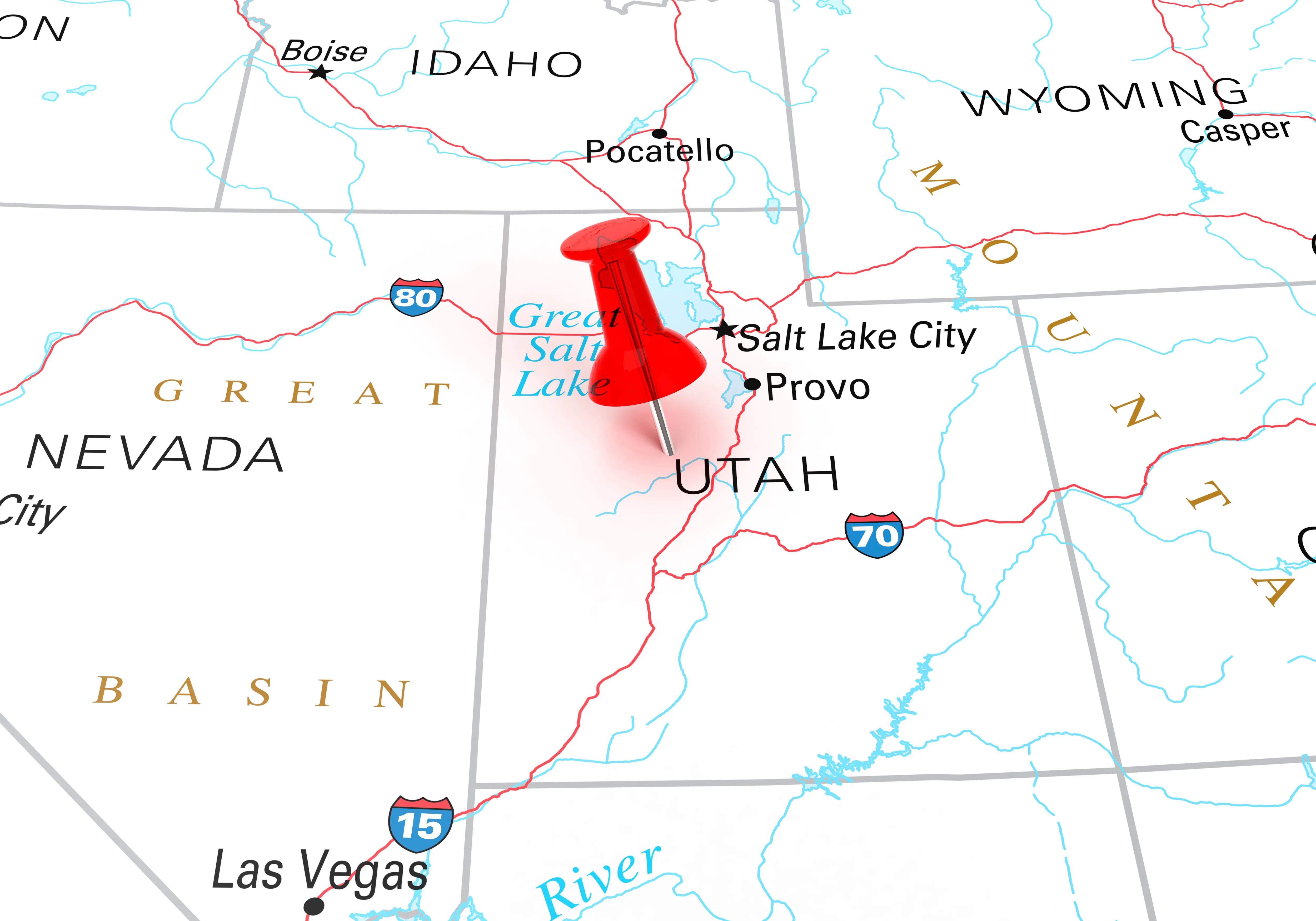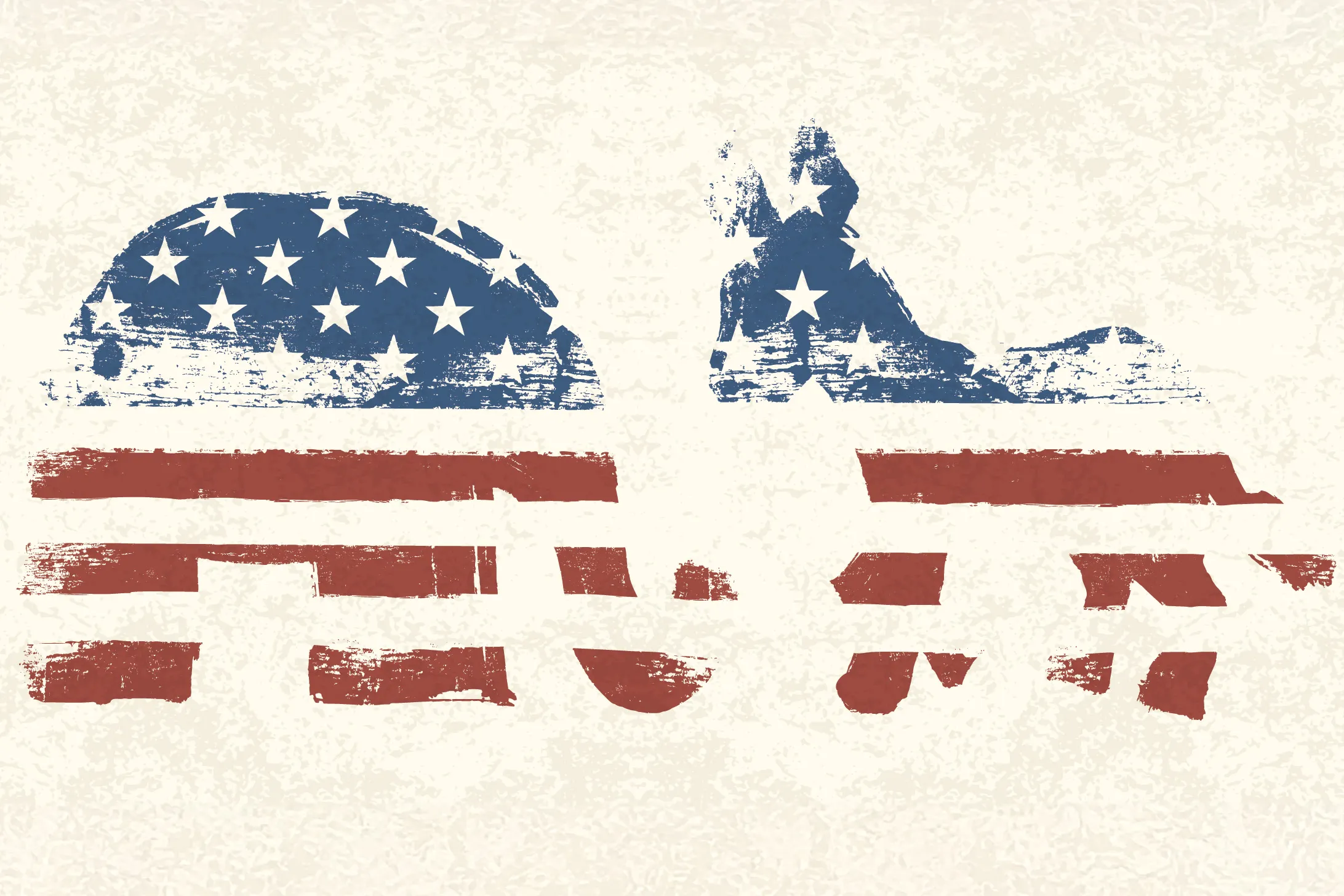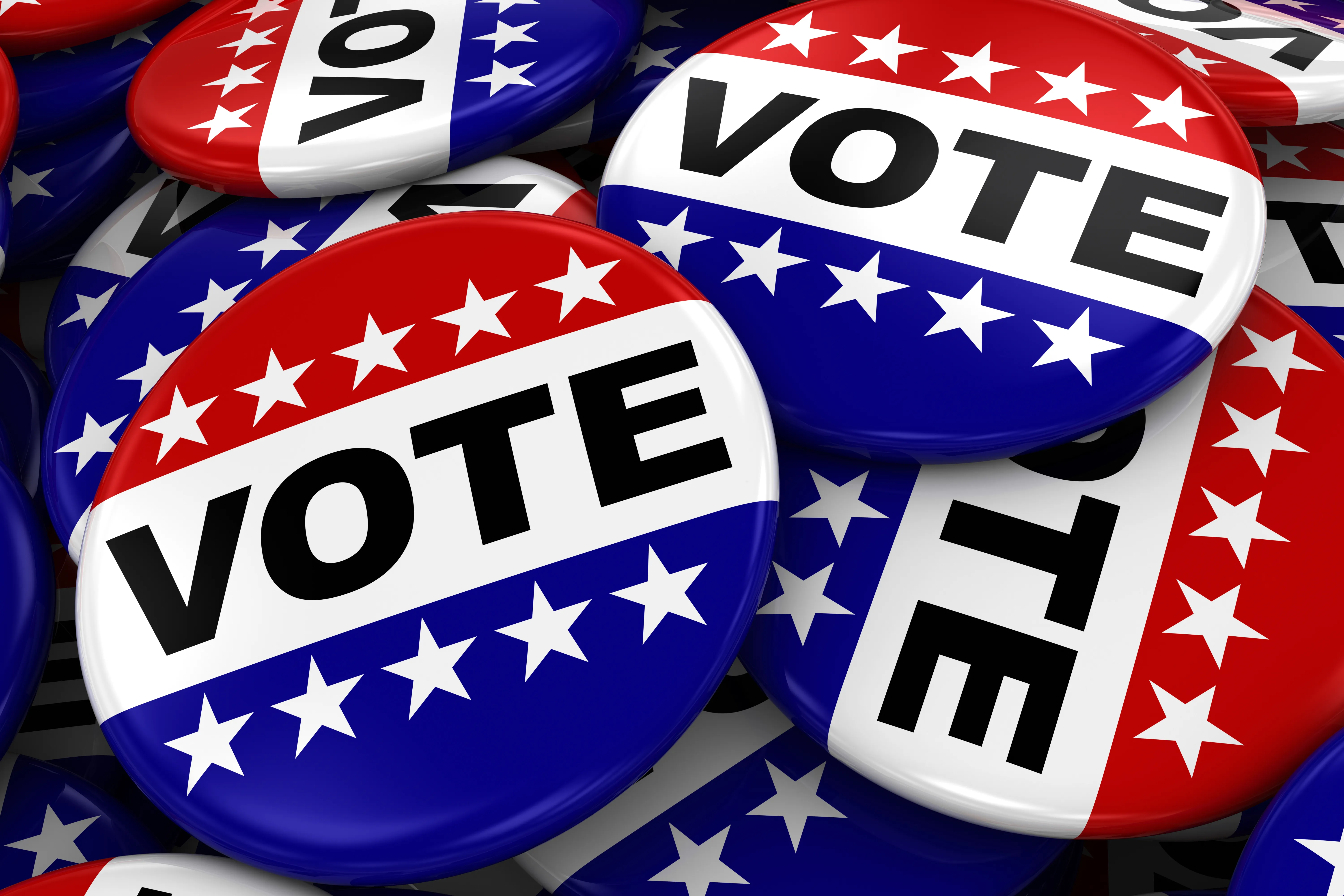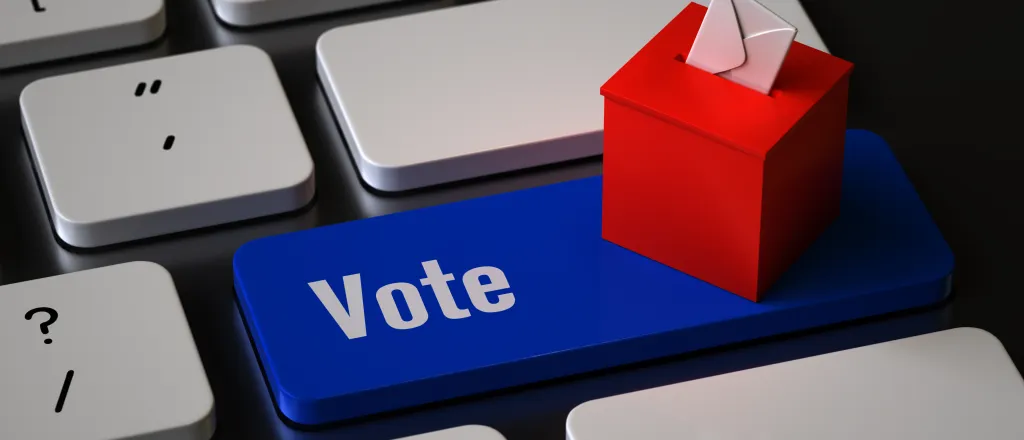
South Dakotans to vote on nonpartisan primaries
Click play to listen to this article.
(Greater Dakota News Service) Voters next month will be shaping how future elections operate in many states, including South Dakota, where nonpartisan primaries are on the ballot.
Constitutional Amendment H would shift primaries in South Dakota to an open, "top two system." Every voter would get a single primary ballot listing all candidates and the two in each race with the most votes move on.
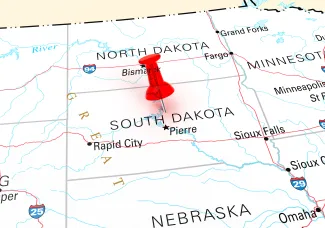
Currently, political parties decide which registered voters can participate in their primaries. The Democratic Party now allows registered Democrats, Independents and unaffiliated voters to do so. Republicans have a "closed" primary, for registered party members only.
Joe Kirby, chairman of the group South Dakota Open Primaries, said changing the system would increase participation.
"Candidates would change their messaging so they would appeal to all voters in the state," Kirby explained. "Instead of, as they currently do, appealing to the partisan few that show up for our primary elections."
Only 17 percent of registered voters in South Dakota cast ballots in this year's primaries, according to the Secretary of State. Kirby pointed out under the current system, more than 150,000 voters are left out.
A similar measure to create a nonpartisan primary was defeated by South Dakota voters in 2016. Kirby noted opponents include what he calls "party bosses" on both sides of the aisle because the new system, he acknowledged, would give more power to voters.
"Our job this election cycle is to get out the word about what it is and how it would work," Kirby emphasized. "Because if people understand it, they tend to like it."
South Dakota is one of several states where voters will be deciding on nonpartisan primaries, including Arizona, Idaho and Montana.


